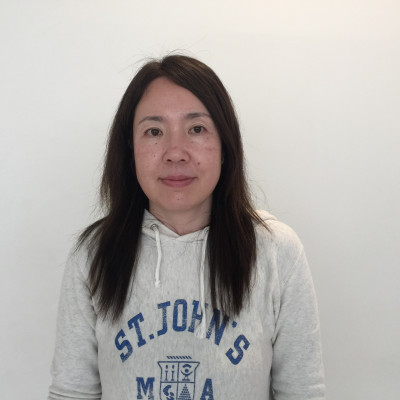Sessions /
Understanding JTE Attitudes to Lifelong Learning
#1257
Lifelong learning is a field that is attracting attention in Japan's aging society, as evidenced by the existence of a Special Interest Group with this title within the Japanese Association of Language Teaching. However, there are few studies that treat teachers themselves as lifelong learners. Given that national curriculum standards are constantly revised and that teachers must necessarily adapt and develop, the posture of teachers toward lifelong learning should be better understood. The presentation covers findings from semi-structured interviews of Japanese teachers of English (JTEs) versus other-subject teachers about their attitudes to lifelong learning. The Jefferson Scale of Physician Lifelong Learning (Hojat et al., 2010) was adapted to the educational domain and translated into Japanese. Responses of eight participants (four JTEs and four other-subject teachers) to items on this scale were used as the start point and structure for the interviews. Particular focus was given to qualitatively exploring responses not at the center point of the scale for each item. The rationale for this was that, unlike quantitative research which tends to search for generalizations based on central tendency, qualitative research finds its most revealing points of departure, and therefore its place as a method, in the more extreme, or outlying, responses.
